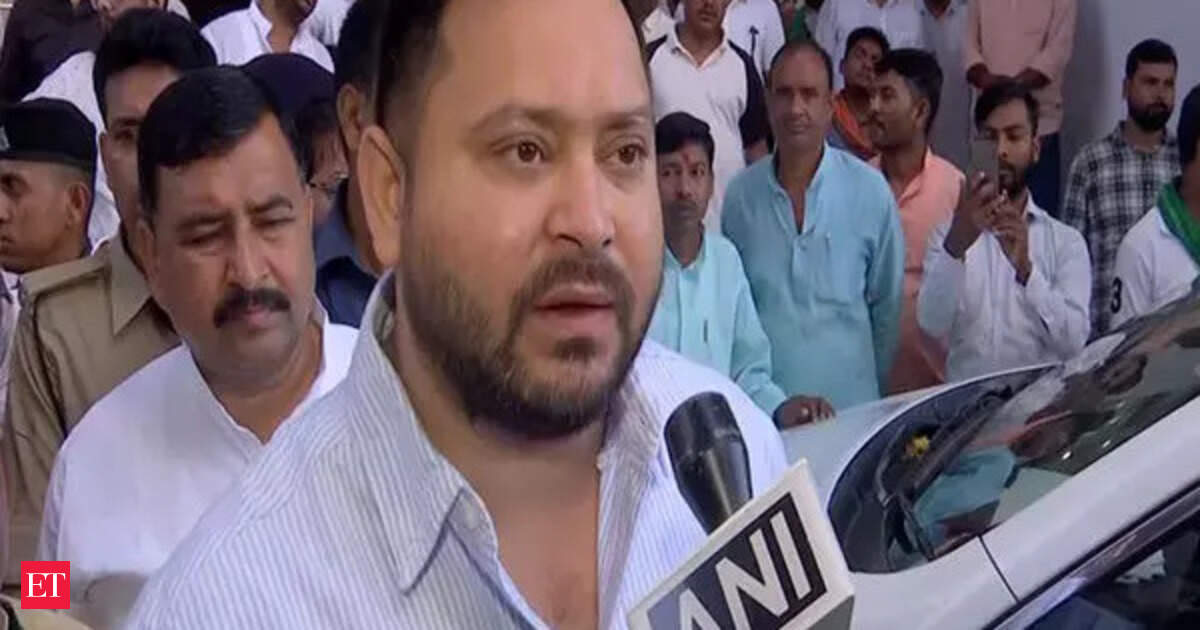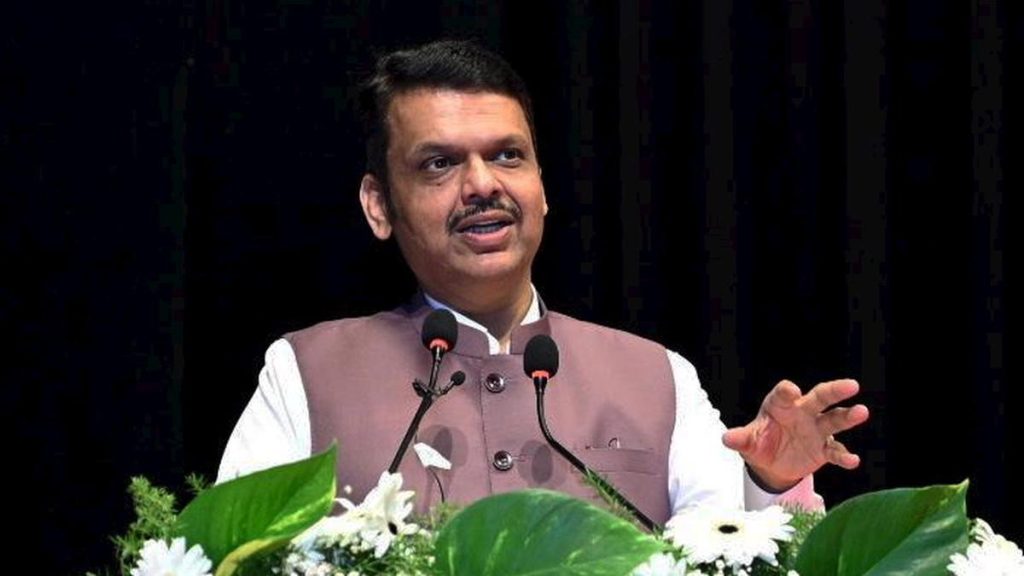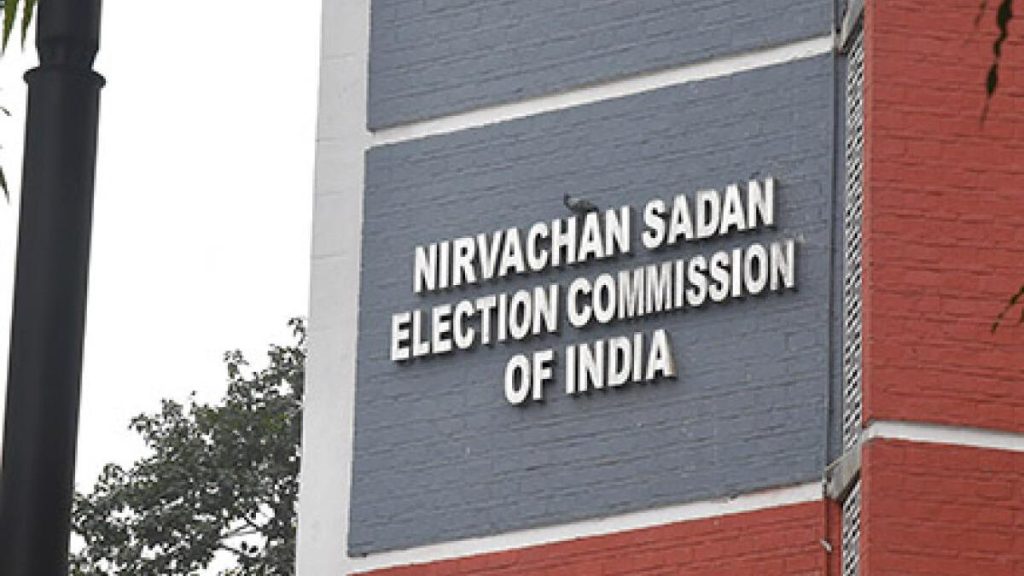Now Reading: Tejashwi Yadav Alleges BJP Involvement in ₹4,000 Crore Scam
-
01
Tejashwi Yadav Alleges BJP Involvement in ₹4,000 Crore Scam
Tejashwi Yadav Alleges BJP Involvement in ₹4,000 Crore Scam

Speedy Summary:
- RJD leader Tejashwi Yadav accused BJP of a Rs. 4,000 crore scam related to the Special Intensive Revision (SIR) project, alleging the funds might be used for electoral purposes.
- During the ongoing “Voter adhikar Yatra,” Yadav pledged to establish a corruption-free government if elected.
- Congress leader Rahul gandhi joined this yatra,which aims to address alleged voter list irregularities termed as “vote theft” by opposition leaders.
- The yatra spans 1,300 km across 20 districts in Bihar and will end on September 1 in Patna.
- Gandhi met Makhana farmers during his stop at Katihar as part of his campaign efforts under the yatra’s broader agenda against unemployment and inflation.
- Tejashwi expressed confidence that Bihar CM Nitish Kumar would not return post upcoming elections,calling it Kumar’s “last election.”
- Rahul Gandhi posted on X (formerly Twitter), claiming that current grievances such as poverty and unemployment have sparked public awareness against voting rights theft.
- Karnataka Chief Minister Siddaramiah announced plans to join Rahul Gandhi’s rally in Bihar on August 29.
Indian Opinion Analysis:
The allegations made by Tejashwi Yadav about a Rs. 4,000 crore scam tied to the SIR project add further tension between opposition parties and BJP ahead of elections. His promise of forming a corruption-free government reflects ongoing efforts by non-BJP parties to capitalize on allegations while seeking greater voter engagement through platforms like the “Voter Adhikar Yatra.”
Rahul Gandhi’s participation underscores Congress’ attempt to build collaboration with regional players such as RJD while amplifying concerns regarding alleged irregularities in electoral rolls – an issue central to their claim of “vote theft.” With prominent leaders like Karnataka CM siddaramiah joining similar rallies, this marks strategic coalition-building beyond state boundaries.
The strong rhetoric from both sides indicates that voter rights and policy issues like unemployment will serve as key battlegrounds for upcoming elections. Though, proactive reforms addressing these concerns could positively impact governance nonetheless of political outcomes.



























